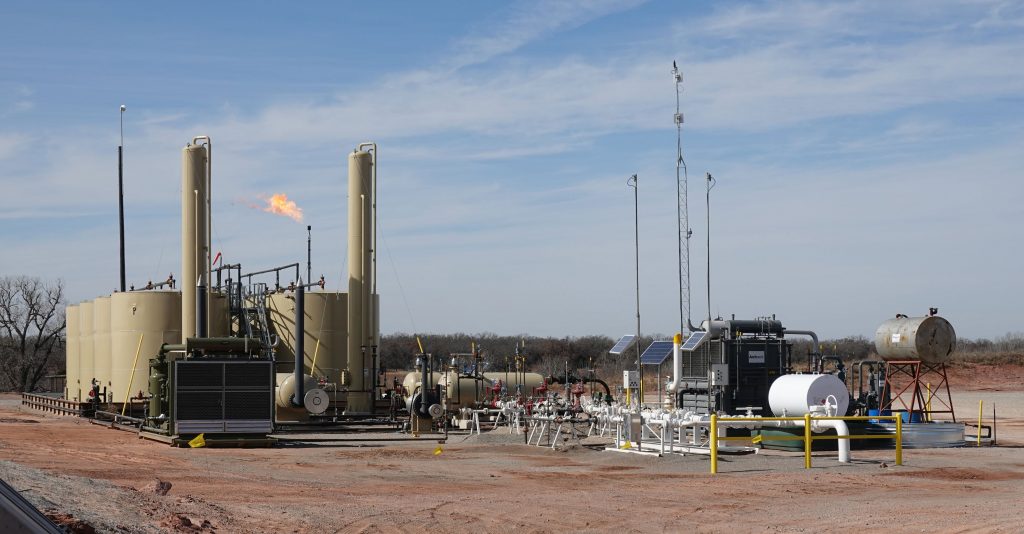
Qualified and approved investors choose to invest in oil and gas due to a number of reasons, but one of the most compelling ones is the tax benefits. This can include a huge deduction of all associated costs related to development in the year they occurred. Without question, no other industry allows for such unique tax benefits and timing of cost recovery.
DW Energy Group can help qualified and approved investors take advantage of these benefits to reduce overall tax liabilities, build wealth, and diversify portfolios.
Intangible Drilling Costs Deduction
These are non-recoverable expenses that are about 60-80% of the well cost and are 100% deductible in the year in which they occurred. These expenditures are largely associated with drilling and completing a well, such as labor, fuel, ground preparation, chemicals, etc.
Tangible Drilling Costs Deduction
This refers to the direct cost of equipment for oil and gas drilling, including casing, pump jacks, and wellheads. They are 100% tax-deductible; however, they must be depreciated over a 7-year period.
Depletion Allowance
To allow for a drop in oil and gas reserves, a 15% depletion allowance are granted against production revenue. This provision from the 1990 Tax Act was created to help support smaller oil companies and direct investors, extending to entities that produce, refine, or own less than 500,000 BPD of oil.
Working Interest
Also known as operating interests, working interests gives qualified investors a percentage of ownership through which they participate in drilling activities, hence, giving the investor a right to a share of income from production.
The tax code specifies that a working interest (as opposed to a royalty interest) in an oil and gas well is not considered to be a passive activity. This means that all net losses are active income incurred in conjunction with well-head production and can be offset against other forms of income such as wages, interest and capital gains.
From a tax perspective, investing in oil and gas has never looked better. For qualified and approved investors, participation in direct oil and gas investment can provide strong returns. See a hypothetical example of how 90% of your investment could be deductible in the first year by clicking here.
Sources:
“Intangible Costs, Real Benefits,” American Petroleum Institute, https://www.api.org/news-policy-and-issues/blog/2014/09/18/intangible-costs-real-benefits
“Petroleum and Ethanol Fuels: Tax Incentives and Related GAO Work,” GovInfo, https://www.govinfo.gov/content/pkg/GAOREPORTS-RCED-00-301R/html/GAOREPORTS-RCED-00-301R.htm
